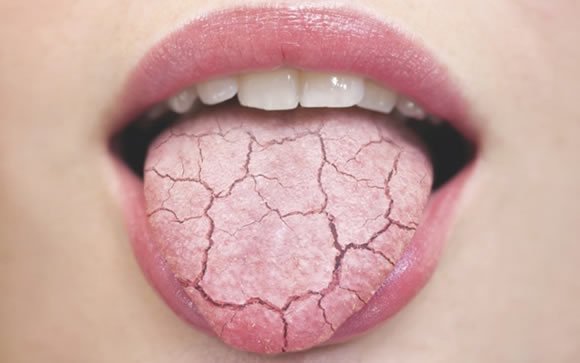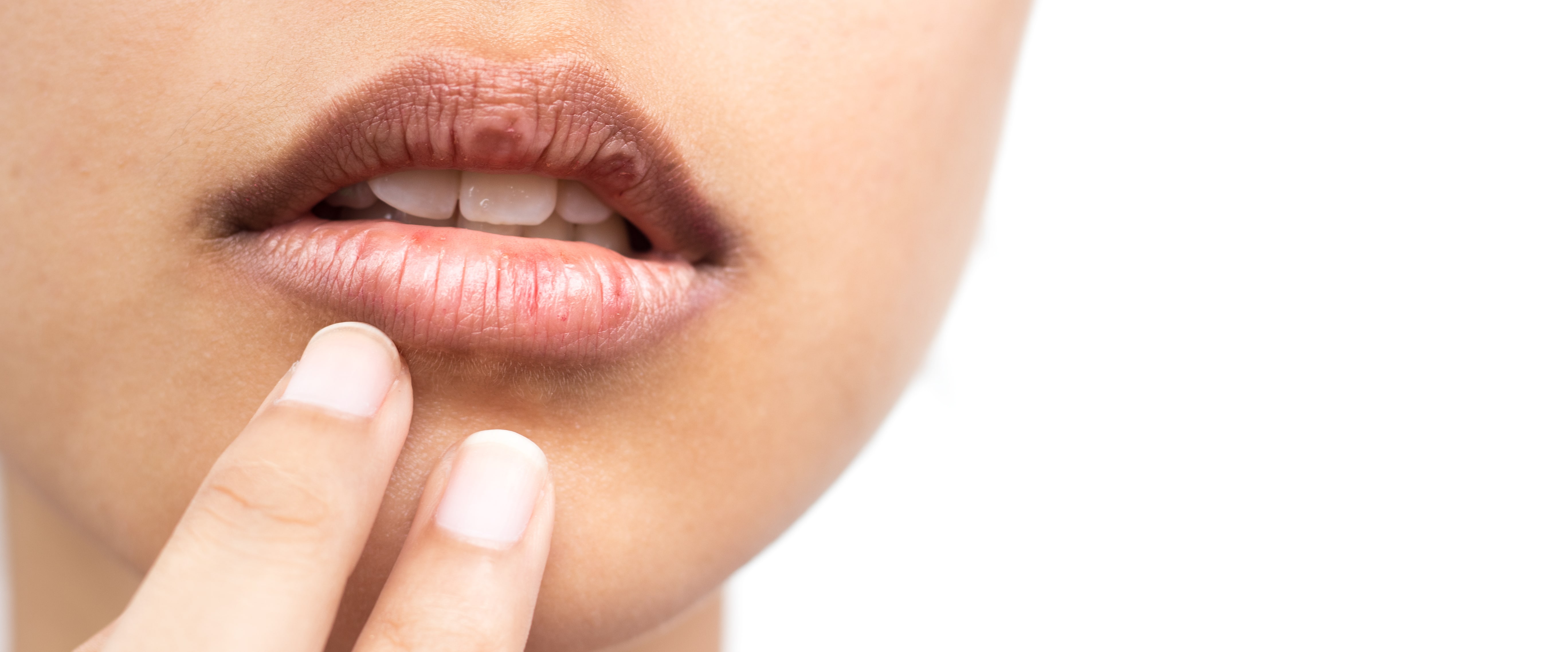Table of Contents
Xerostomia, commonly known as dry mouth, is an excessive dryness of mouth due a lack of saliva production (hyposialia) or decreased saliva production (asialia).
You need saliva to make your food soft and being able to be swallowed. Without a normal saliva secretion, it will be difficult for you to chew food and have a good digestion. The saliva serves to keep your mouth moist and healthy by reducing pathogenic bacteria and fungi in your oral cavity. In addition, saliva plays a vital role in the cleanliness and health of your teeth. It neutralizes the acids produced by dental plaque and gets rid of dead cells that accumulate on your gums, cheeks and tongue. It is impossible to have a fresh breath if you don’t have asialia.
What Causes Xerostomia?
Although the factors leading to xerostomia are numerous, it is important to know the cause of the problem to follow an appropriate treatment and find an effective relief; the most common causes of xerostomia include:
Cancer treatment – chemotherapy and radiotherapy can cause damage to the salivary glands and cause a serious xerostomia. Radiation to the head and neck combined with chemotherapy medications can significantly reduce the amount of saliva in your mouth. In some people, the damage can last for life.
Nerve damage – Nerve damage due to an injury or surgery to the head can lead to a lack of saliva production.
Age – as you get older, your risk of xerostomia becomes higher; this may be due to medications you are taking or oral problems related to age.
Smoking – smoking, whether cigarette smoking or chewing tobacco, can cause serious problems including oral xerostomia. In fact, if your only consequence of smoking is xerostomia, you are very lucky; tobacco usage is the major cause of oral cancer and lung cancer.
Dehydration – dehydration affects your whole body including your salivary glands. Therefore, your risk of xerostomia is higher if you are dehydrated. Some common causes of dehydration include:
- Diarrhea
- Severe burns
- Blood loss
- Fever
- Excessive vomiting
- Excessive transpiration.
Diseases – Some diseases tend to affect the salivary glands therefore reducing the production of saliva. The most common include:
- Diabetes
- Anemia
- Mumps
- Sjögren’s syndrome
- HIV / AIDS
- Alzheimer’s Disease
- Cystic fibrosis
- Rheumatoid arthritis
- Hypertension
- Parkinson’s disease
- Cerebrovascular accident (stroke).
Medications – xerostomia is often the side effect of certain medications. In general, you can have xerostomia if you take medications against:
- Depression
- Anxiety
- Pain
- Obesity
- Acne
- Epilepsy
- Hypertension
- Diarrhea
- Nausea
- Psychotic disorders
- Urinary Incontinence
- Asthma
- Parkinson disease
- Colds or Allergies.
[/double_paragraph] [/row]
Dry Mouth Symptoms?
Although you may need a health care provider to detect the cause of your xerostomia, you do not need one to tell you have the disease. In general, if your mouth does not produce enough saliva, you will notice the following:
- Frequent thirst
- Bad breath
- Sore throat
- Difficulty speaking
- Dry and sticky feeling in the mouth
- Sores or split in the mouth, inside or on the lips
- Sensation of dryness in the throat and nose
- Burning or tingling on the tongue
- Dryness and redness of the tongue
- Difficulty tasting, chewing and swallowing.
Complications
To be healthy, your mouth needs to be constantly moisturized, which is the role of saliva. Saliva keeps oral bacteria under control and provides the necessary oxygen to your mouth. Hence, persistent xerostomia can lead to gum disease and tooth decay. In addition, dry mouth may make it painful to wearing dentures
Diagnosis
Xerostomia is often due to side effects of drugs. Therefore, after carefully examining your mouth, your doctor will ask you questions about treatment or medications you are taking. If the examination and the interrogatory reveal not exact cause, your doctor may recommend tests to determine the cause of the malfunction of your salivary glands. In rare circumstances, a lip biopsy (taking a small piece of tissue to your lips to examine under a microscope) may be performed to confirm or rule the presence of Sjögren’s syndrome.
Dry Mouth Treatment
In moderate forms of xerostomia, you can use a mouthwash to partially clean your mouth and keep it moist. However, it is important for your doctor to know the cause of your xerostomia to recommend an appropriate treatment. For example, if the hyposialia/asialia is caused by taking certain medications, your health care provider will adjust the dose or substitute them by other drugs that do not cause xerostomia. If the problem is a symptom of a disease, it is important to treat the disease in question.
Certain drugs such as pilocarpine (Salagen) or cevimeline (Evoxac) can be prescribed to you to help your mouth to stimulate saliva production.
Dry Mouth Prevention
If you have xerostomia, these preventive measures can help the production of your saliva:
- Chewing regular sugar-free gum;
- Drink plenty of water to keep your mouth hydrated
- Do not breathe through your mouth, this can worsen the problem
- Chewing a small piece of ginger after slightly cooked in an oven (it is a little hot)
- Avoid sugary foods, they do not cause dry mouth but increase your risk of dental cavity
- Brushing your teeth with toothpaste containing fluoride
- Visit your dentist about every six months for routine tests
- Avoid foods containing caffeine and acids
- Avoid consumption of tobacco and alcohol (including mouthwashes that contain alcohol);
- Avoid using over-the-counter antihistamines and decongestants
- Add a humidifier in your bedroom to increase the humidity in the air.

“Etymology of “xeros” at Online Etymology Dictionary”. Douglas Harper. Retrieved 9 February 2013.
“Etymology of “stoma” at Online Etymology Dictionary”. Douglas Harper. Retrieved 9 February 2013.
Wijers OB, Levendag PC, Braaksma MM, Boonzaaijer M, Visch LL, Schmitz PI (2002), “Patients with head and neck cancer cured by radiation therapy: a survey of the dry mouth syndrome in long-term survivors”, Head Neck 24 (8): 737–747, doi:10.1002/hed.10129, PMID 12203798
Turner MD, Ship JA (September 2007). “Dry mouth and its effects on the oral health of elderly people”. Journal of the American Dental Association (1939) 138 (1): 15S–20S. doi:10.14219/jada.archive.2007.0358. PMID 1776184



